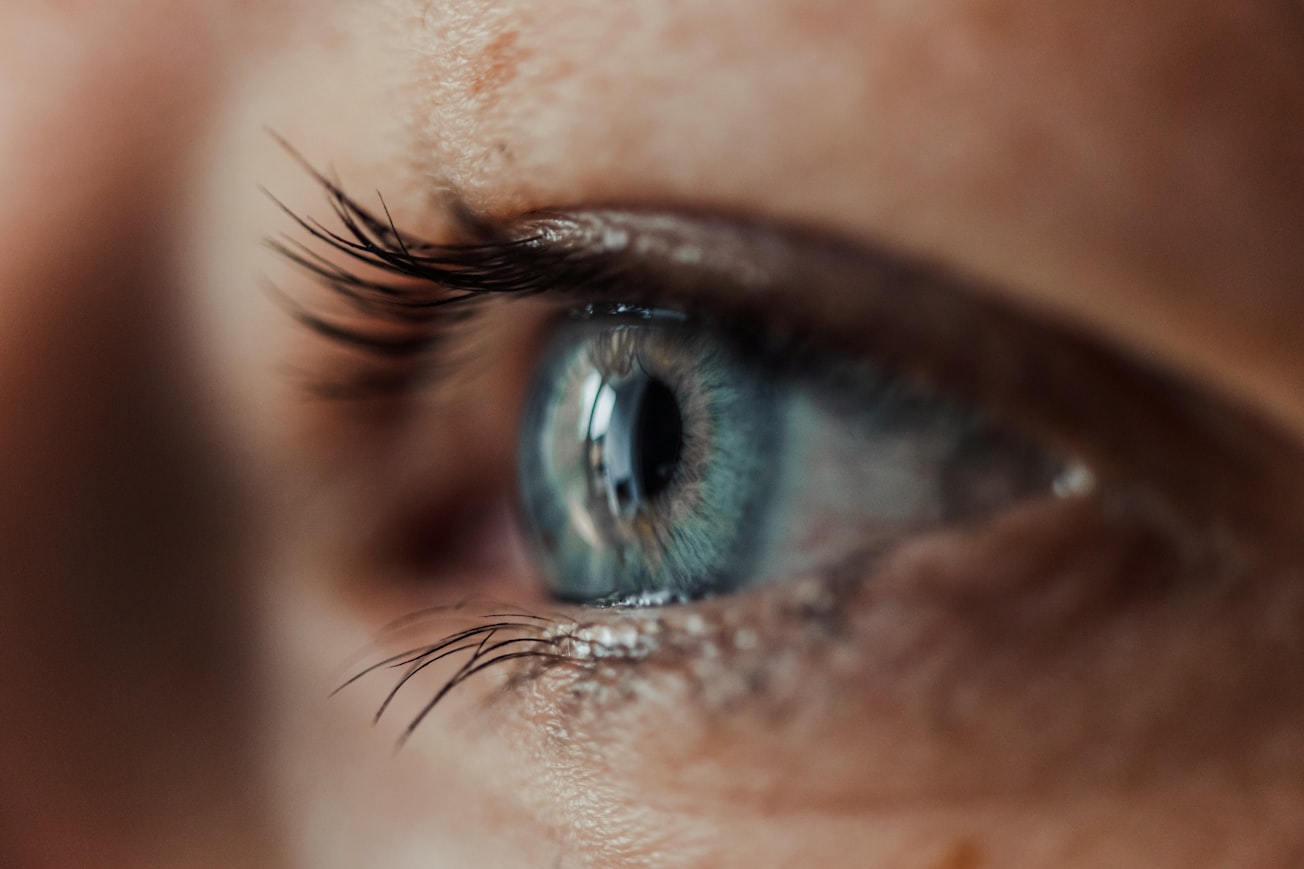What is it about?
Retinal vein occlusion is a common retinal vascular disease that can lead to poor visual outcomes. In 2011, ranibizumab treatment was approved in Europe. This approval was based on data from phase 3 randomized clinical trials that may not perfectly reflect effectiveness in the real-world setting. To better understand real-world practices with ranibizumab and its effectiveness and safety, BOREAL-RVO, a post-authorization study, was conducted in France between December 2013 and April 2015.
Featured Image

Photo by César Couto on Unsplash
Why is it important?
For the first time in France, BOREAL-RVO bridges the knowledge gap between phase III trials and real-world practices for ranibizumab treatment : a rapid visual acuity improvement at month 3 was observed in a wider patient population, mirroring clinical trials. After month 3, because of under-treatment and despite regular follow-up, the outcomes were not maximized. Importantly, no new safety findings were identified in this 24-month study.
Perspectives
New prognostic factors, the importance of the induction phase, and the need for a more proactive approach are key learnings we have to implement.
AGNES GLACET-BERNARD
Universite Paris-Est Creteil Val de Marne
Read the Original
This page is a summary of: Real-world outcomes of ranibizumab treatment in French patients with visual impairment due to Macular Edema secondary to Retinal Vein Occlusion: 24-month results from the BOREAL-RVO study., Ophthalmic Research, March 2023, Karger Publishers,
DOI: 10.1159/000530294.
You can read the full text:
Contributors
The following have contributed to this page







